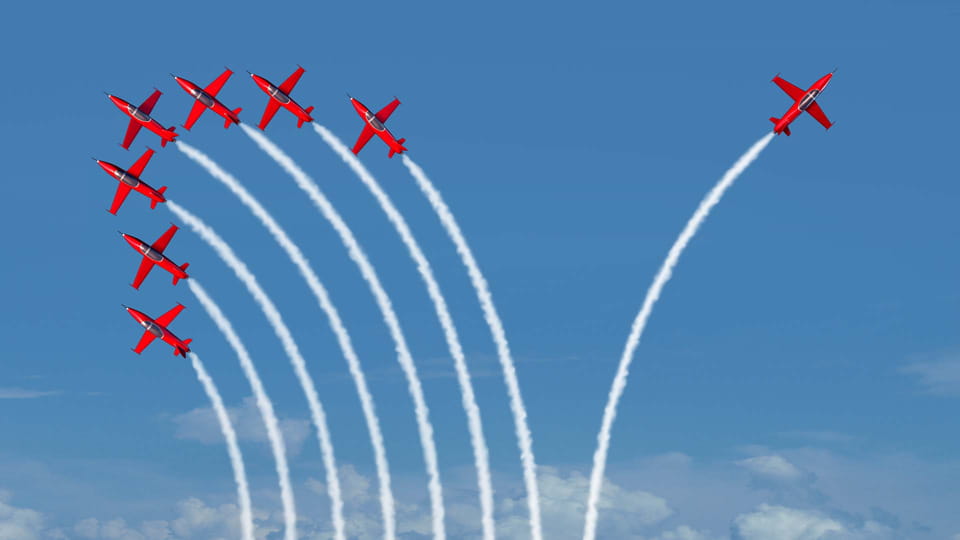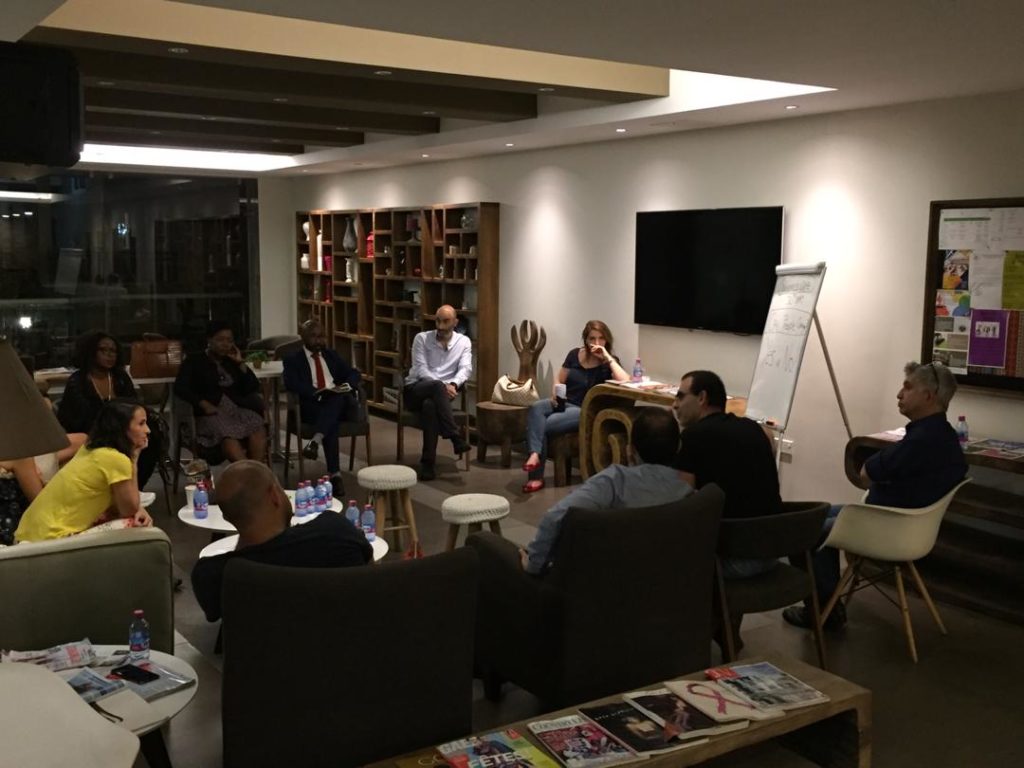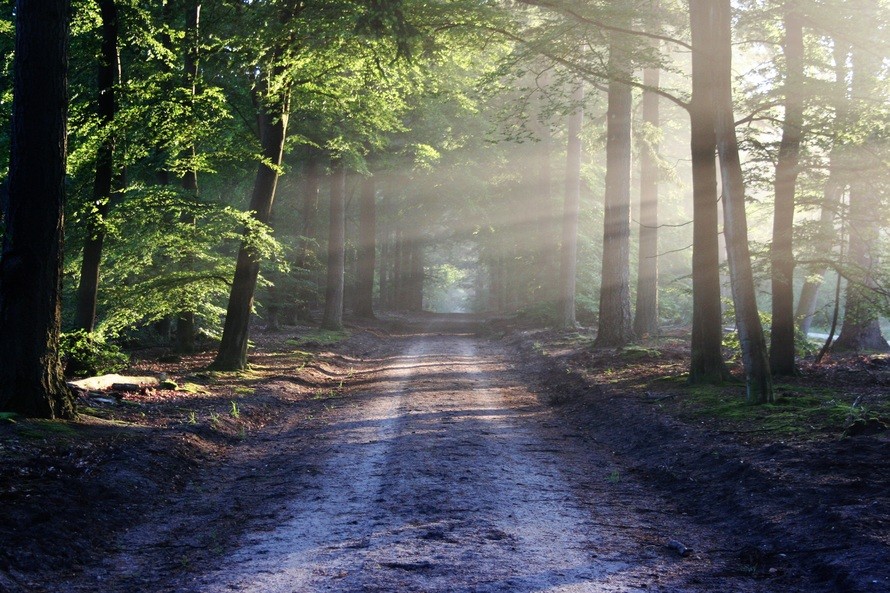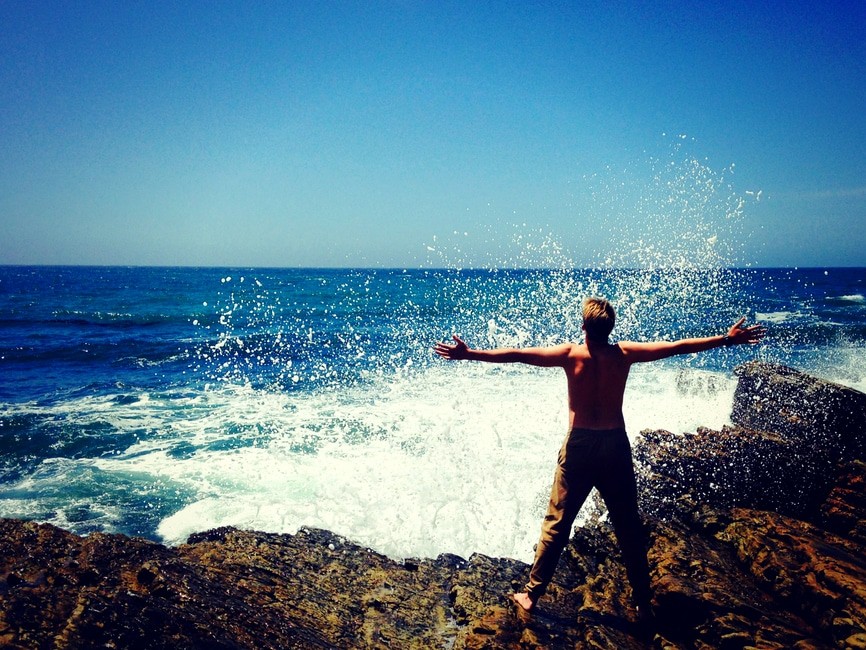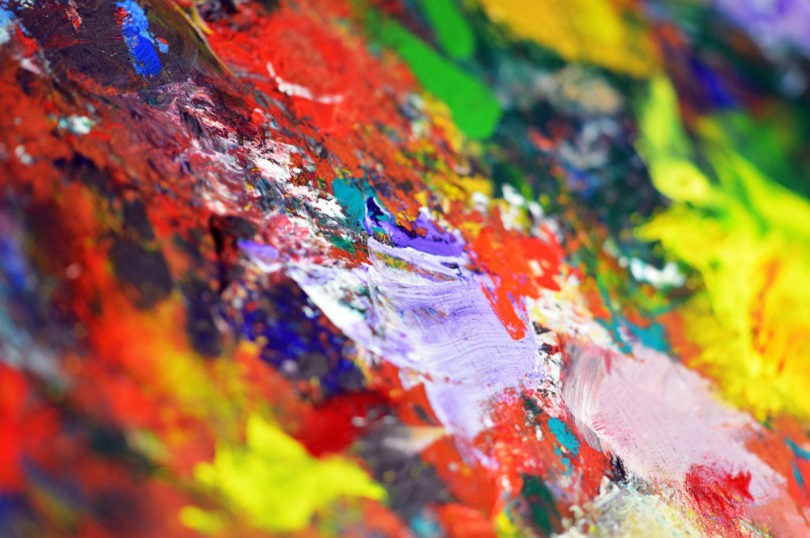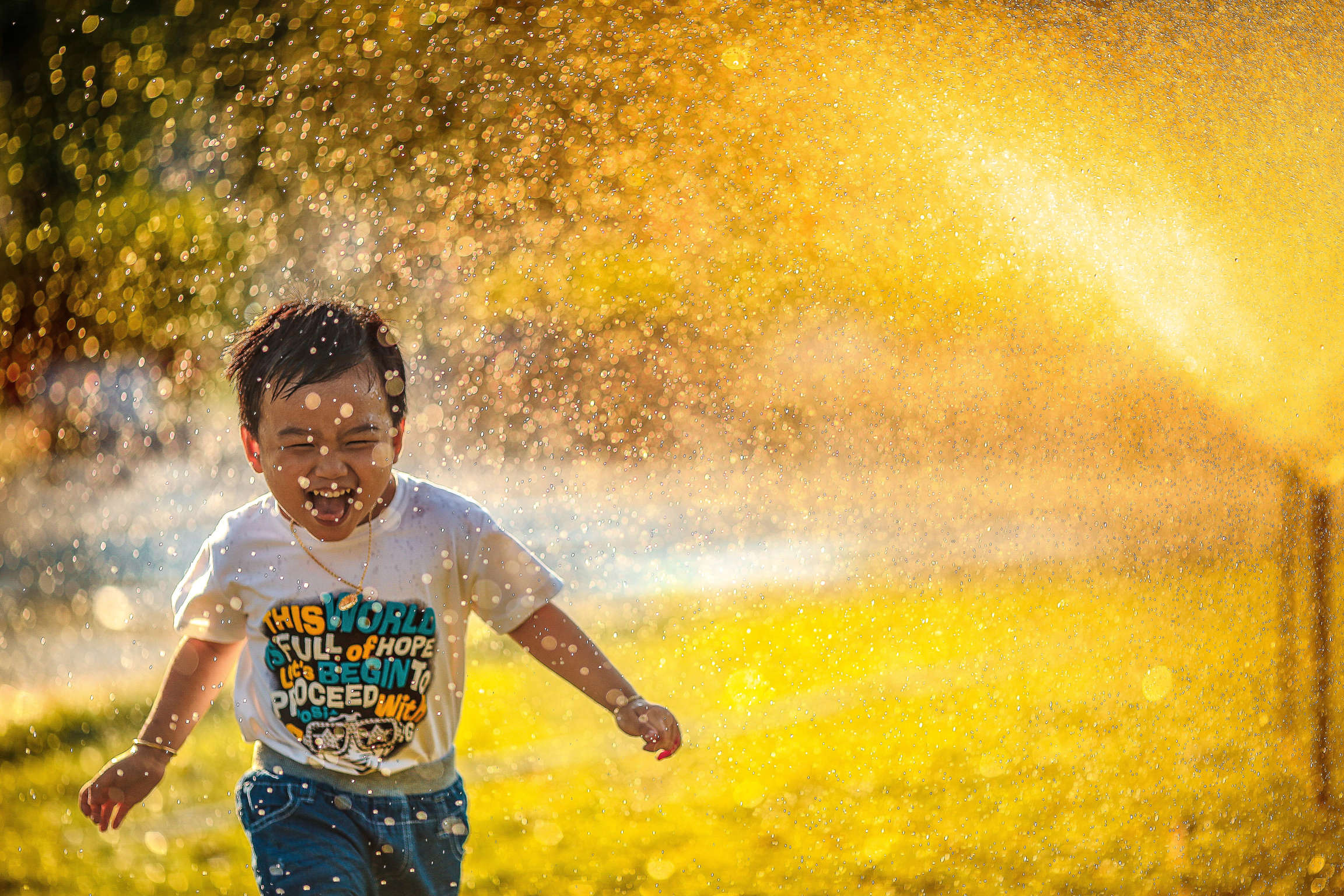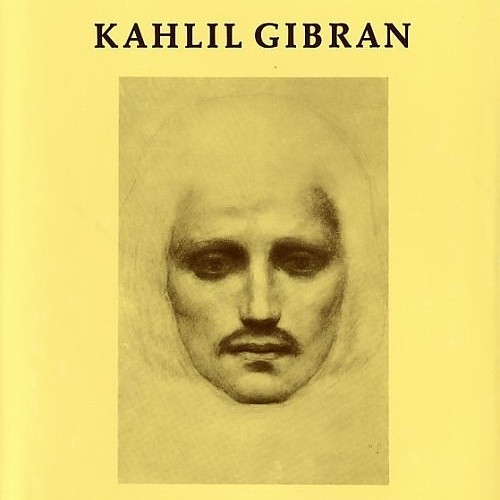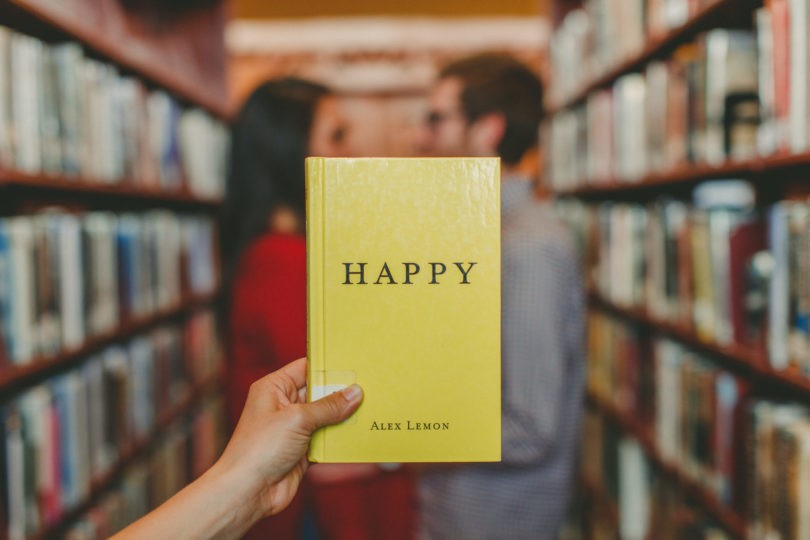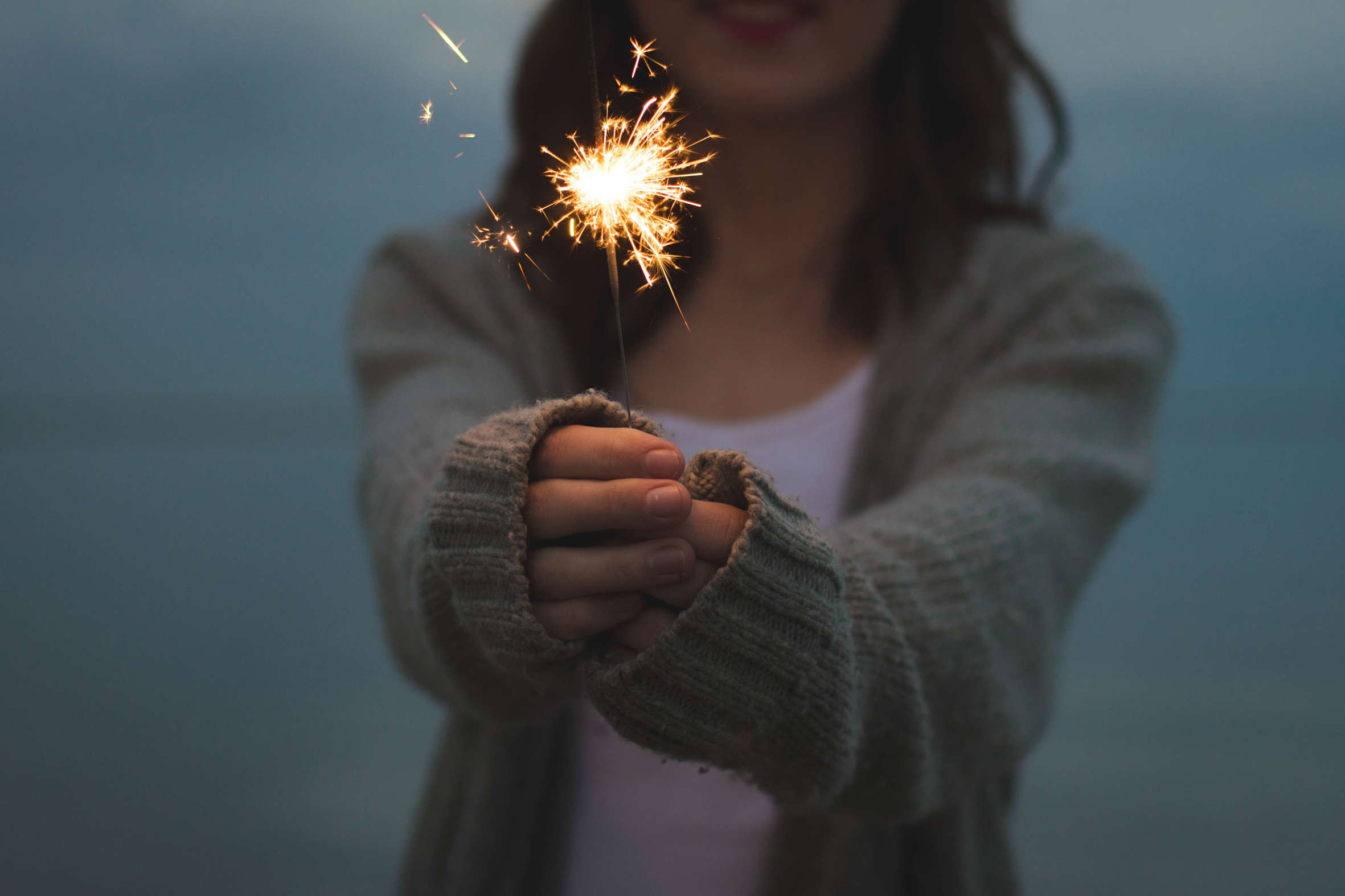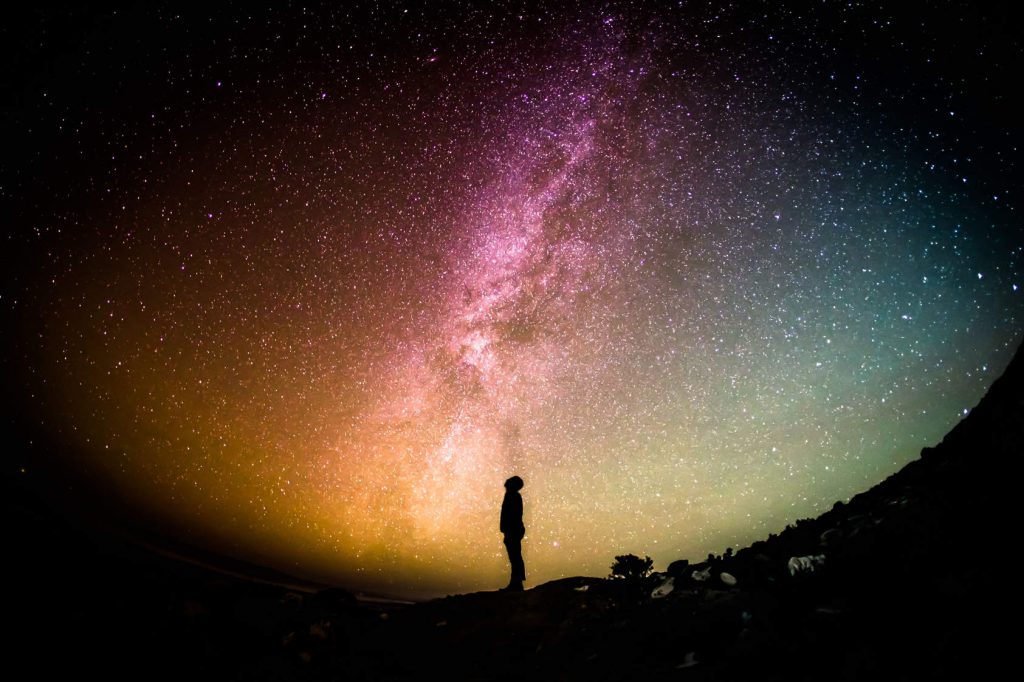
“We are inconsequential cosmic dust, bumping and milling about on a tiny blue speck. We imagine our own importance. We invent our purpose–we are nothing.” — Mark Manson
A few years ago, I was under pressure at work, and I was impatient for results. I berated and belittled the efforts of an employee at the company I manage. I kept my tirade going for a few minutes until I realized that tears were flowing down her cheeks.
My ego was in survival mode, screaming at me that my company’s problems were the only significant thing right now. Nothing else mattered. Not the hurt I caused. Not the fact that I embarrassed her and myself in front of the rest of the team.
True, the ego is a survival mechanism. If we don’t see ourselves at the centre of the Universe, we won’t protect ourselves and would lose the incentive to stay alive.
However, the reality is that we would be better served to zoom out, taking a step back and realize that most of what we perceive as fears, dangers or problems pale into insignificance with perspective.
We overcome many of our fears. Most of the perceived dangers never materialise. Most problems get solved sooner or later.
Instead of fooling ourselves into believing our self-importance and wasting our energy putting others down, it would be better to act with humility, be kind, and supportive of each other.
The Pale Blue Dot
On February 14, 1990, the ‘Voyager 1’ probe was about 3.7 Billion miles from Earth and approximately 32 degrees above the ecliptic plane, when it captured this portrait of our world. The result was a hazy image of Earth surrounded by the enormity of space.
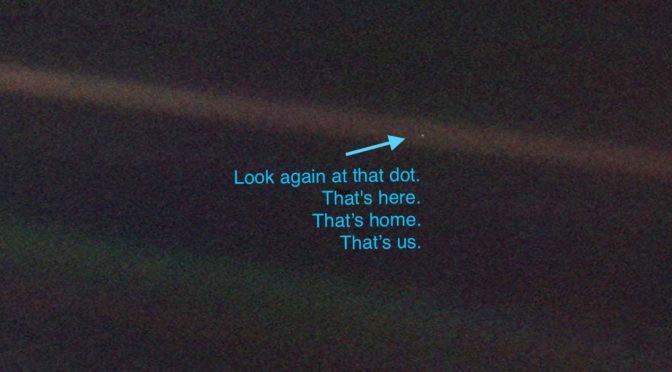
In seeing the image, the late astronomer Carl Sagan said:
“Look again at that dot. That’s here. That’s home. That’s us. On it everyone you love, everyone you know, everyone you ever heard of, every human being who ever was, lived out their lives. The aggregate of our joy and suffering, thousands of confident religions, ideologies, and economic doctrines, every hunter and forager, every hero and coward, every creator and destroyer of civilization, every king and peasant, every young couple in love, every mother and father, hopeful child, inventor and explorer, every teacher of morals, every corrupt politician, every “superstar,” every “supreme leader,” every saint and sinner in the history of our species lived there–on a mote of dust suspended in a sunbeam. The Earth is a very small stage in a vast cosmic arena. Think of the rivers of blood spilled by all those generals and emperors so that, in glory and triumph, they could become the momentary masters of a fraction of a dot. Think of the endless cruelties visited by the inhabitants of one corner of this pixel on the scarcely distinguishable inhabitants of some other corner, how frequent their misunderstandings, how eager they are to kill one another, how fervent their hatreds. Our posturings, our imagined self-importance, the delusion that we have some privileged position in the Universe, are challenged by this point of pale light. Our planet is a lonely speck in the great enveloping cosmic dark. In our obscurity, in all this vastness, there is no hint that help will come from elsewhere to save us from ourselves. The Earth is the only world known so far to harbor life. There is nowhere else, at least in the near future, to which our species could migrate. Visit, yes. Settle, not yet. Like it or not, for the moment the Earth is where we make our stand. It has been said that astronomy is a humbling and character-building experience. There is perhaps no better demonstration of the folly of human conceits than this distant image of our tiny world. To me, it underscores our responsibility to deal more kindly with one another, and to preserve and cherish the pale blue dot, the only home we’ve ever known.”
The ego is the total of all our fears, worries and negative thoughts and provides the incessant inner voice that doubts us and holds us back from whatever opportunity of bewilderment, intuition and awe we might have come our way.
As such it’s always looking for validation and wants to convince us that we are the most important organism in the world when the reality is that we are nothing, but ‘inconsequential cosmic dust.’
If I had taken a step back from my anger and fear, I would have realized that my tirade was unacceptable. The ’tough boss’ image that was a mask didn’t reflect my real inner being and the compassion that I have for my employees.
The mask was instead the false self-image that we represent, and we get trapped into negatively living our lives, which usually means thinking we are the sole reason for the creation of the Universe.
This false self-image is built early on in our lives by the many conditioned beliefs we carry with us. All those paradigms when not worked on crystallize into limiting and self-defeating beliefs and so create the mask that we wear throughout our lives.
For us to acknowledge our uniqueness, power, and authenticity, we must overcome and transcend the ego and go to a place where our truths reside.
We can do so by accepting our own insignificance and that in the grand scheme of things, we hardly matter.
Only then can we start appreciating the Principle of Entanglement that states, “everything—humans, stars, galaxies—is connected to an invisible energy in a place beyond space and time.”
When we give to others, we bring them closer to us, and we also feel connected to them. We feel a sense of universal community, rather than a short-lived feeling of self-importance.
Let’s be kinder with one another, and “cherish the pale blue dot, the only home we’ve ever known.”
